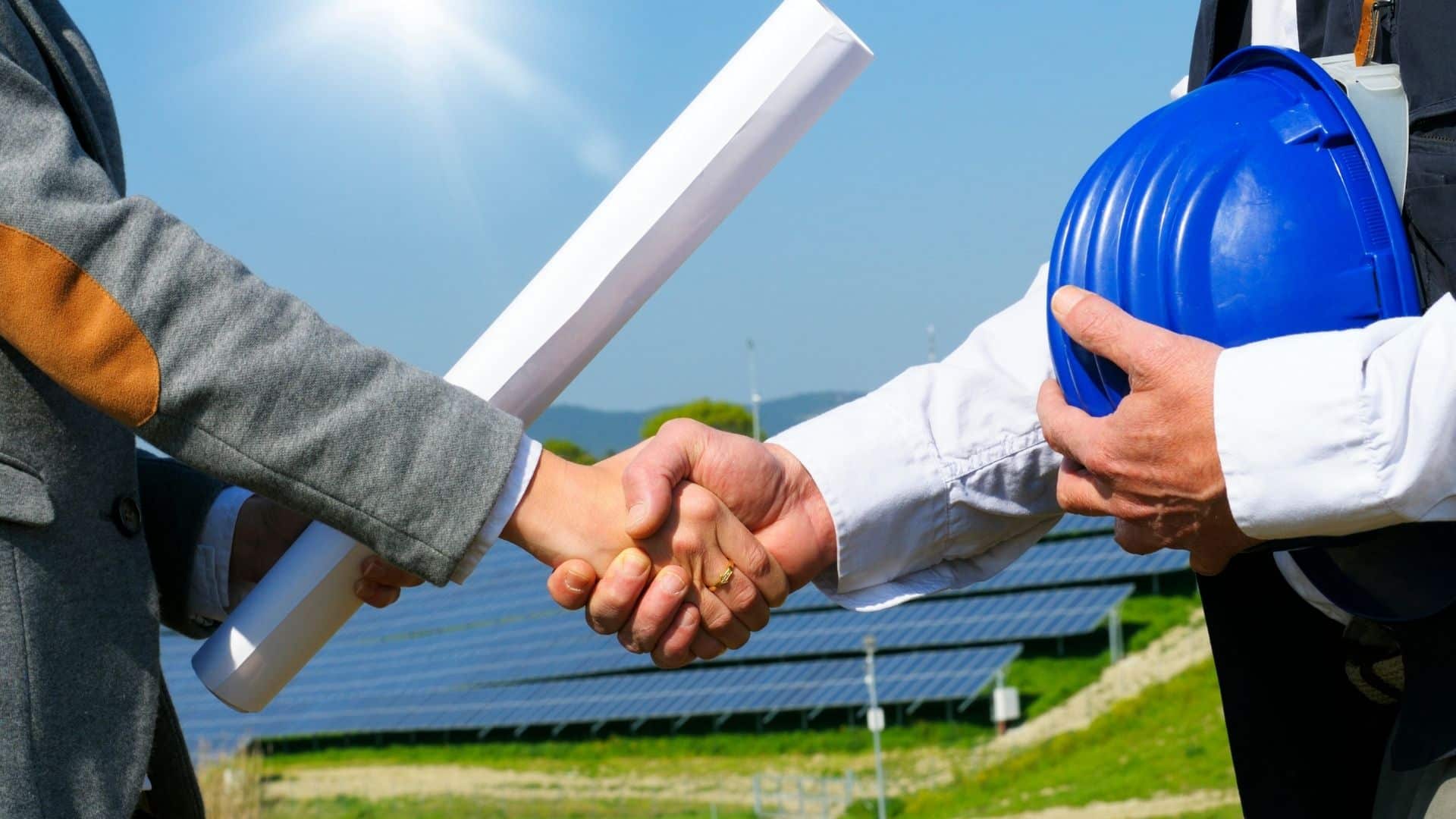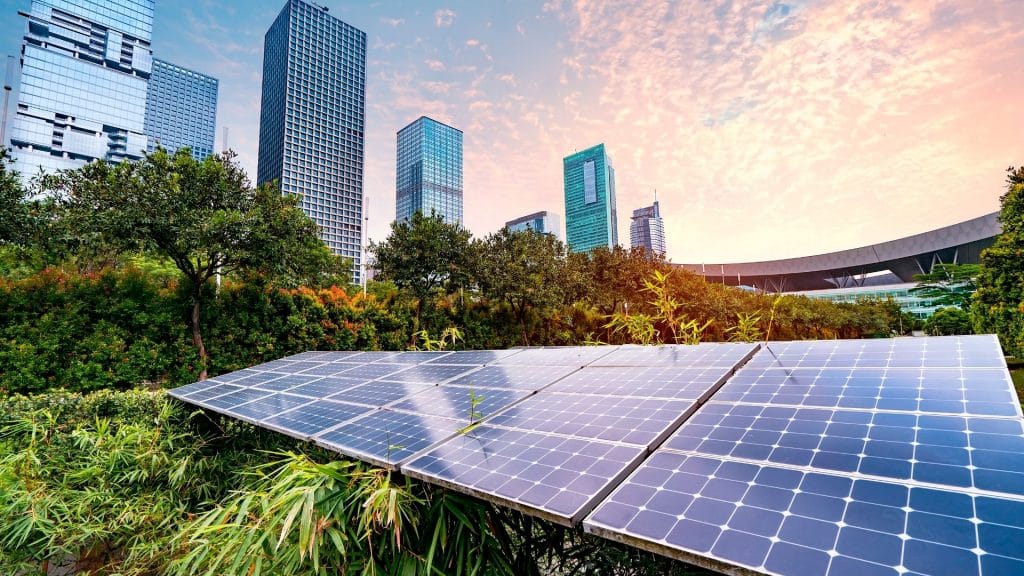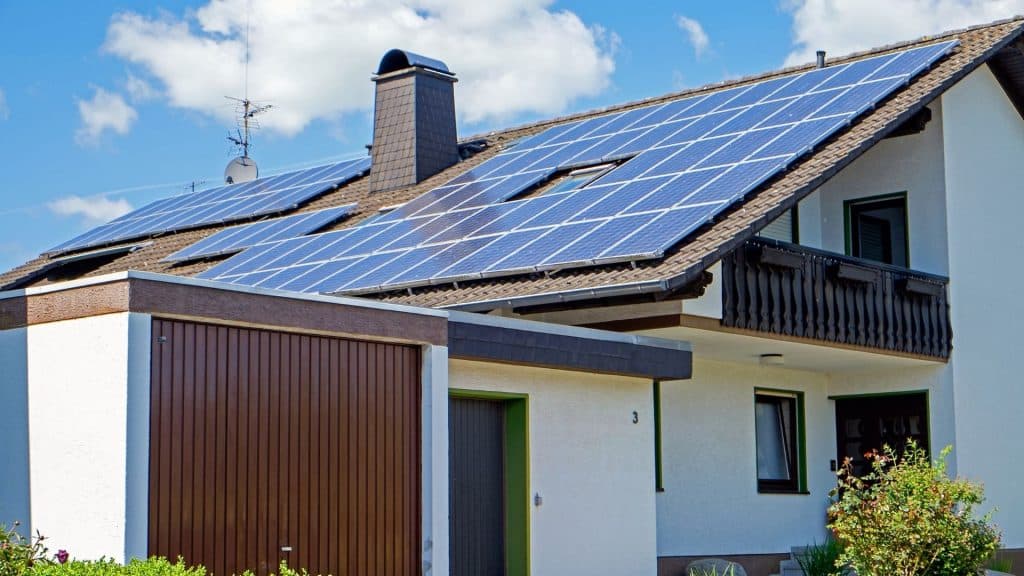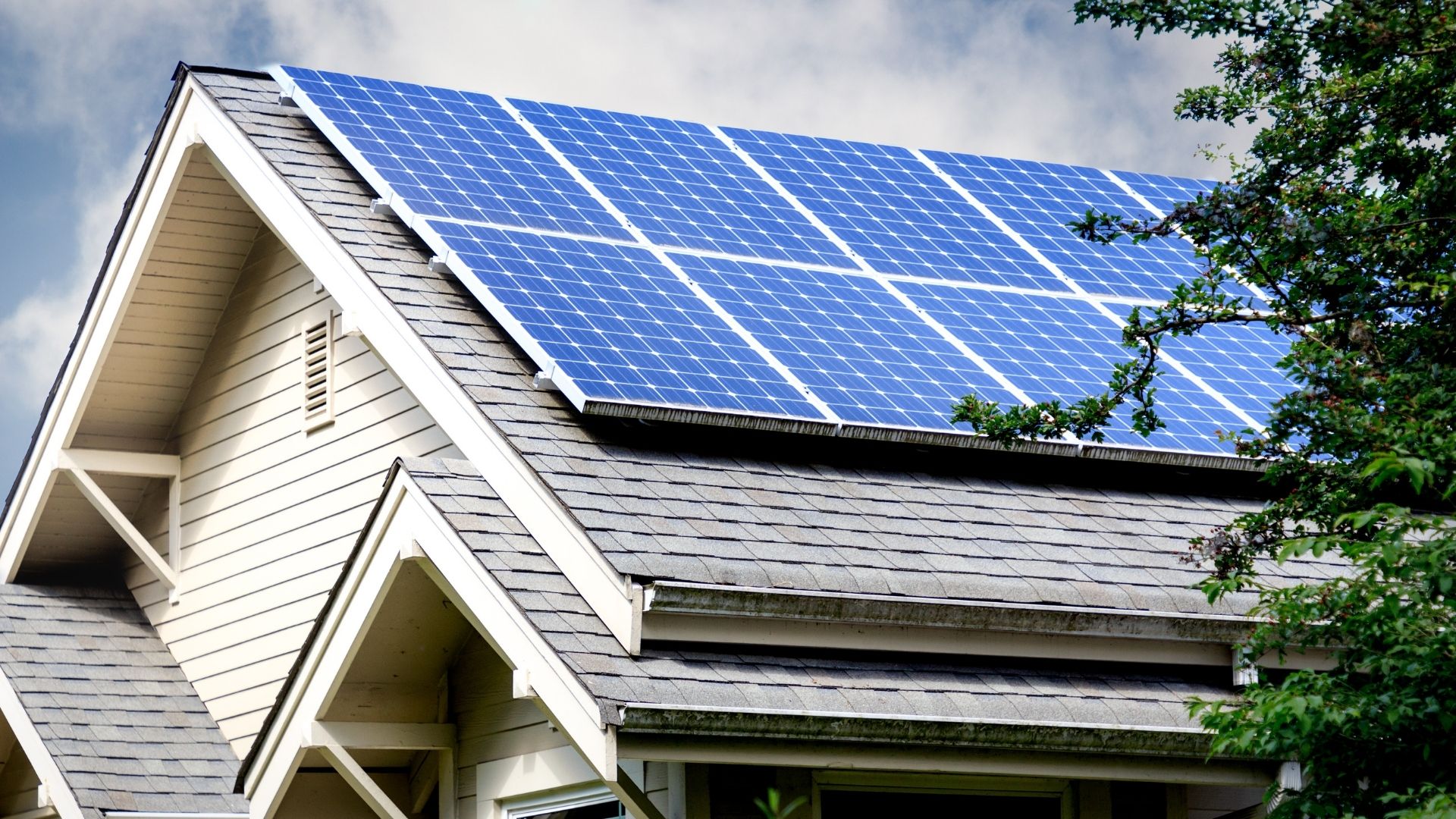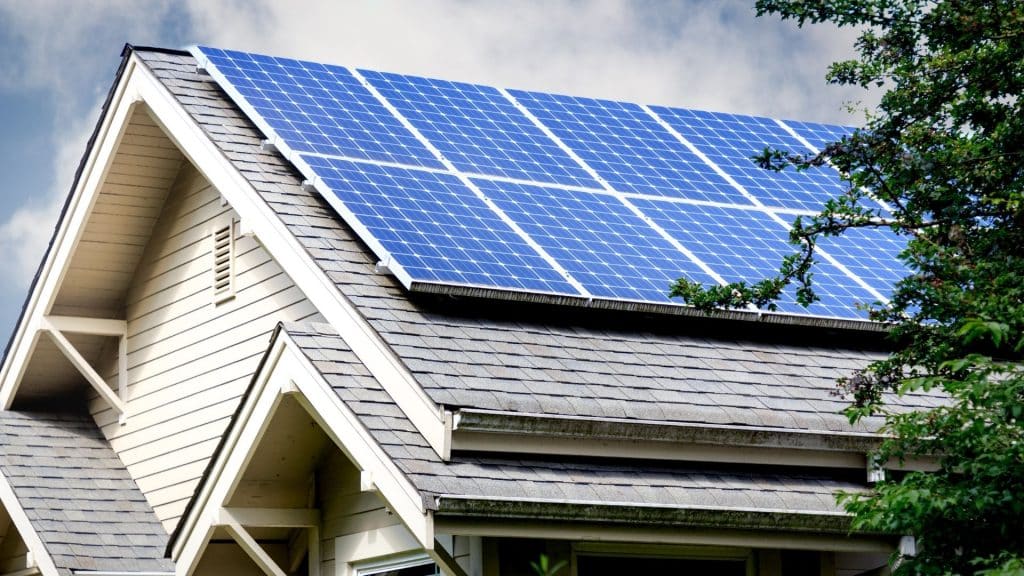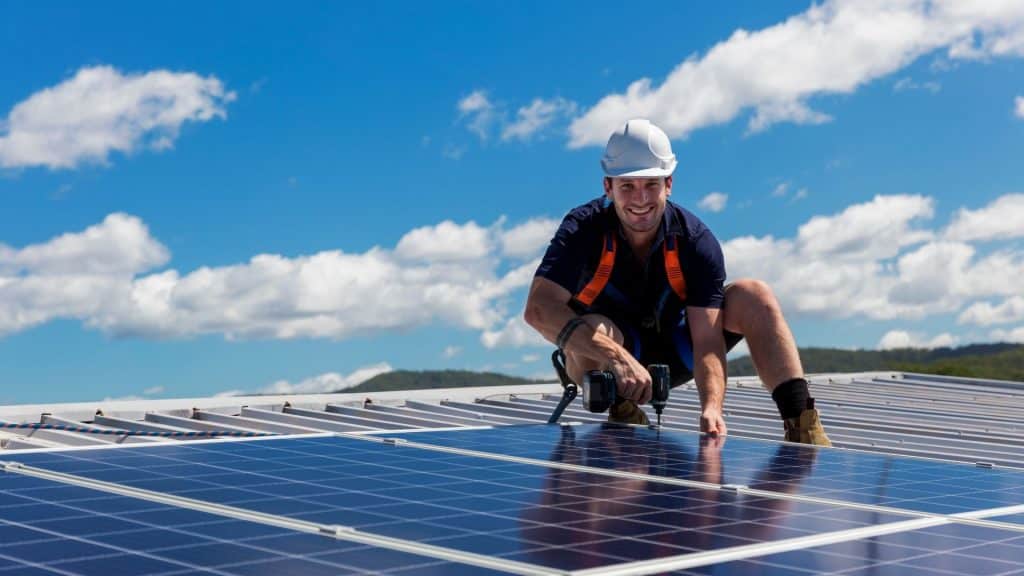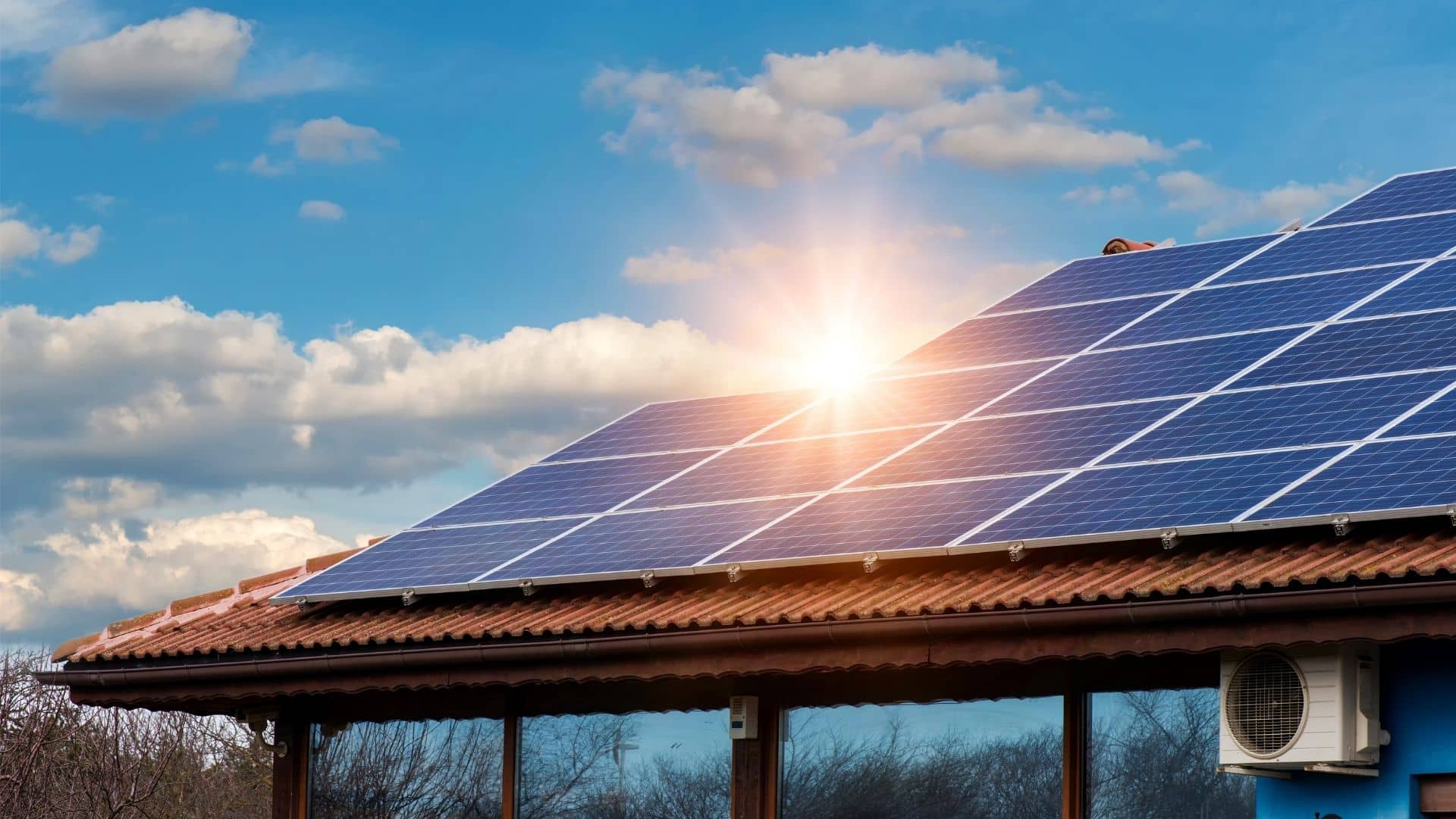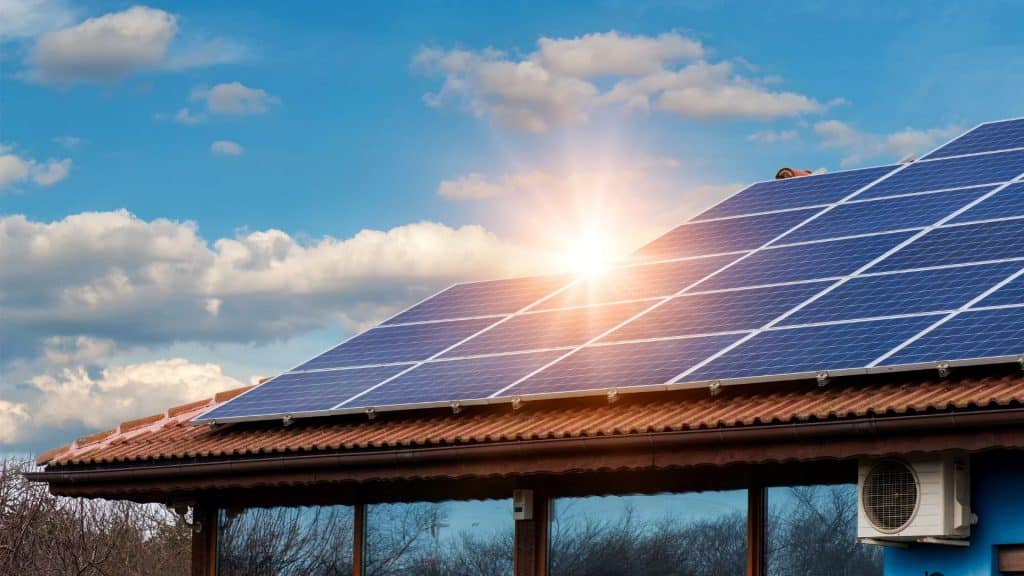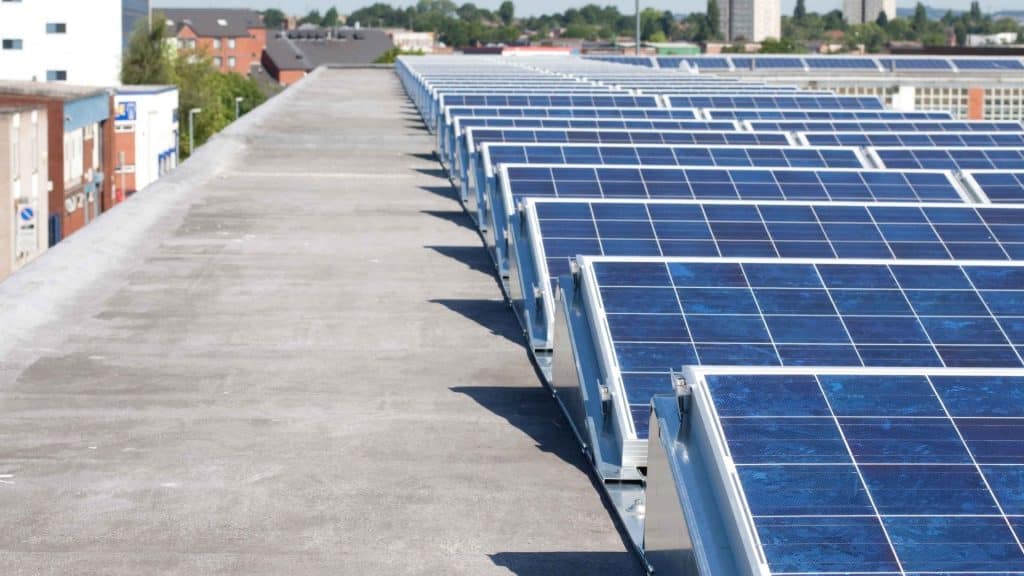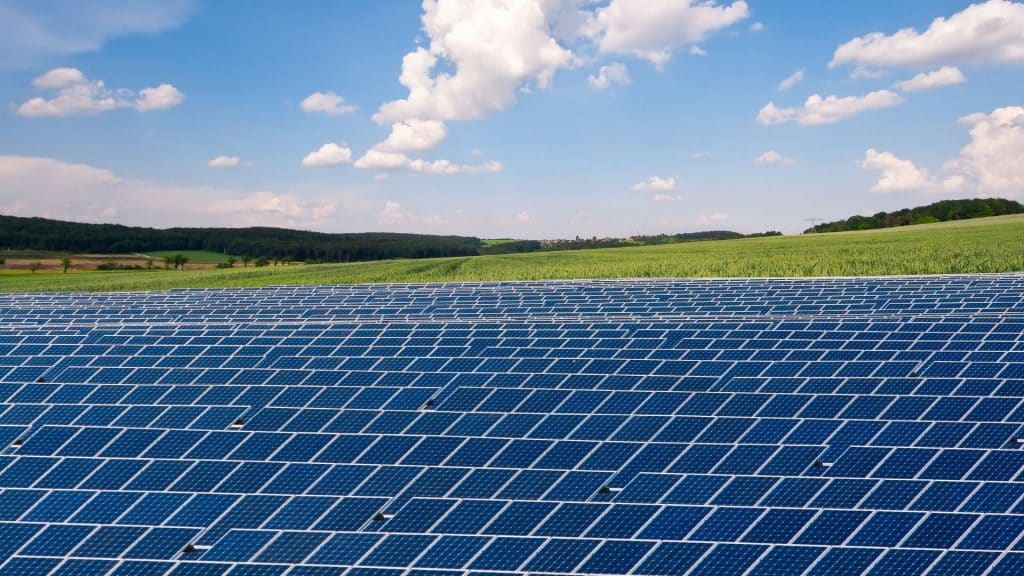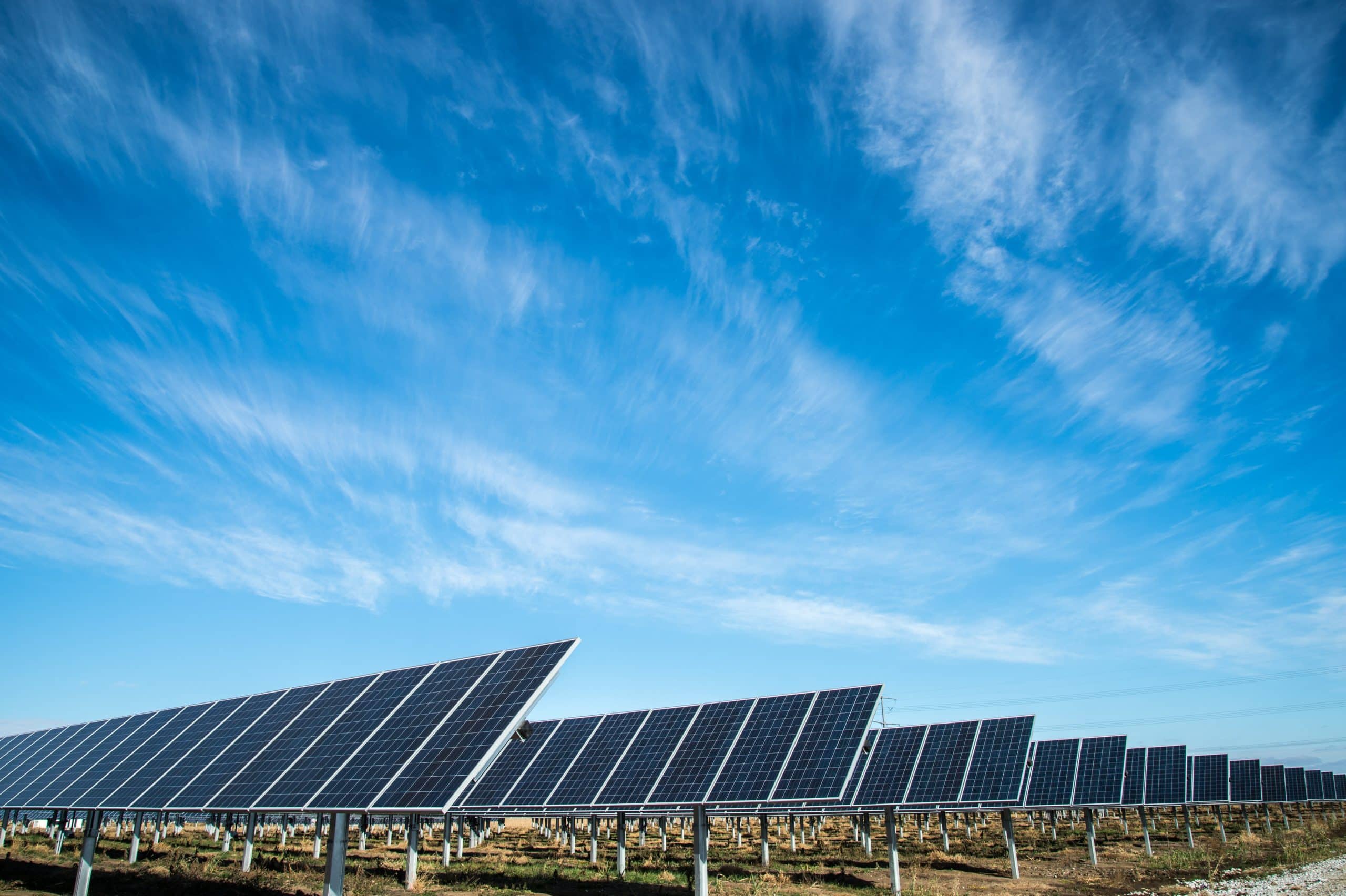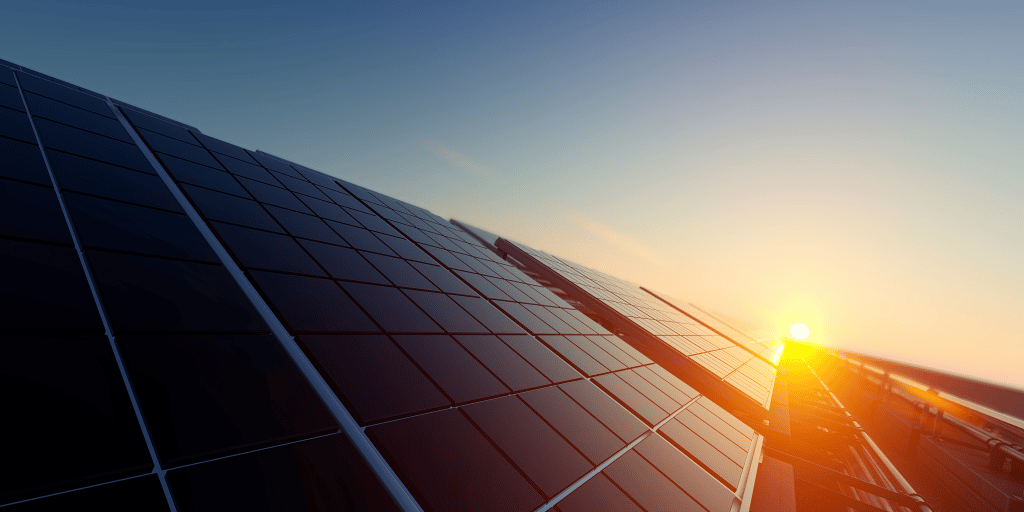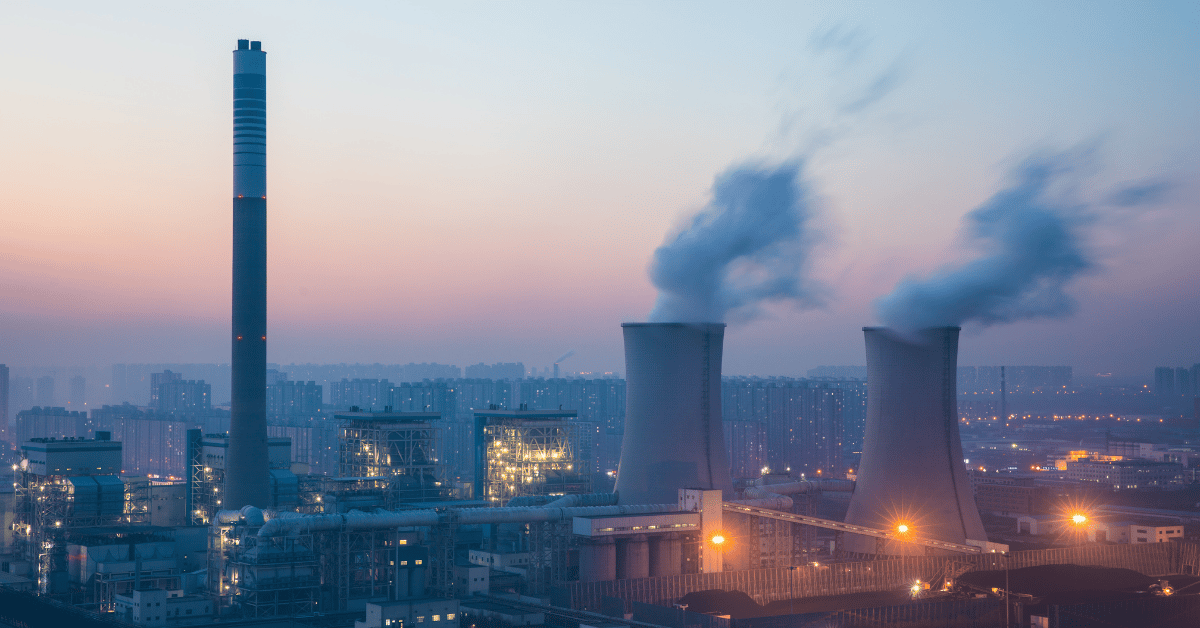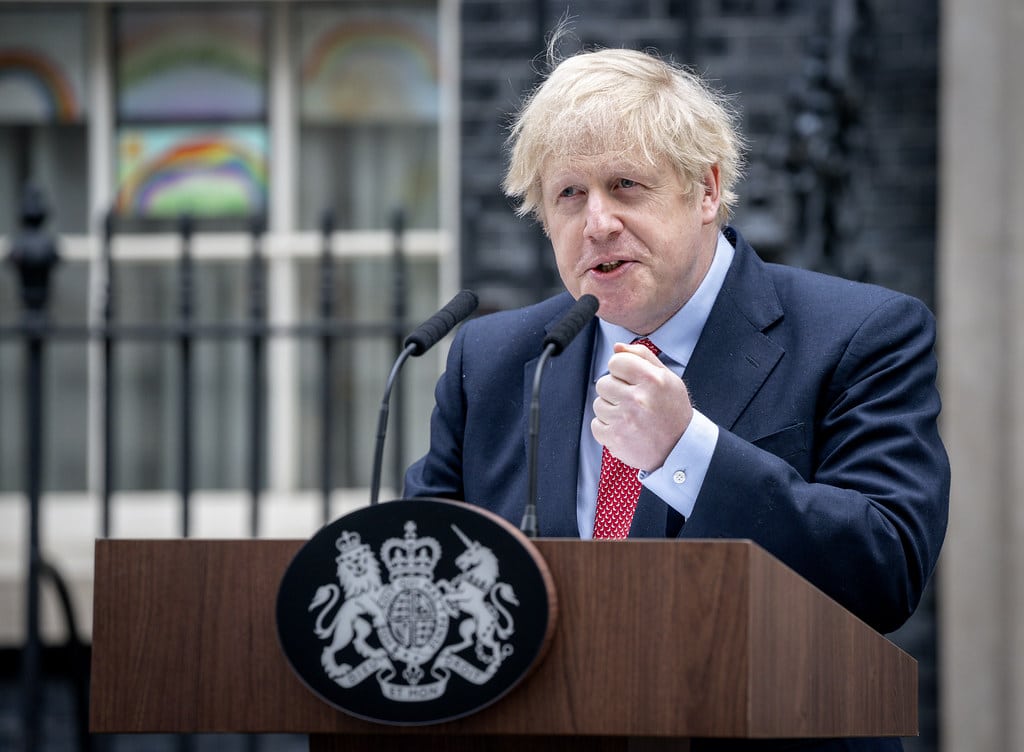With the continuously rising price of oil and the growing concerns for the environment, more and more businesses are turning to alternative sources of energy. Among the most popular of these energy sources is solar energy, a sustainable option that is becoming more financially viable every year.
As small, medium and large companies alike are now discovering, solar panels can be highly beneficial in a number of different ways. Here are some of the main benefits of solar panels for businesses.
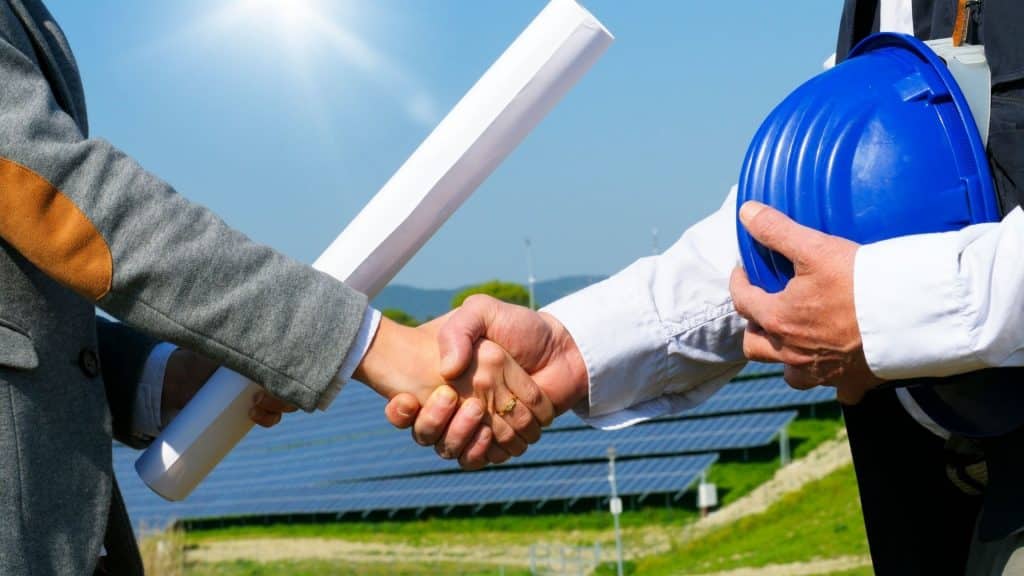
Return on Investment
As important as it is to help the planet, we understand that a business is a business; the priority is ultimately to make money. Therefore, if solar panels didn’t make much sense financially, there would be little motivation to have them installed.
Fortunately, solar panels can all but guarantee a sound return on your investment. The reason for this is a combination of solar PV technology being more widely available (and therefore cheaper), the yearly savings on electricity bills, and minimal maintenance requirements for the solar panels.
Due to the continuing rises in the cost of National Grid supplied energy, solar energy is now estimated to be around 60-70% cheaper than buying from the grid. This means you can expect to pay back the cost of installation in as little as 5 years (perhaps even less now that VAT has been cut), and then enjoy a generous ROI (around 15% per year) thereafter.
It’s also worth noting that if you choose to finance the capital outlay, you could expect to achieve a positive cash flow within two years.
Reduce Operating Costs

Solar PV energy is one of the best ways to cut costs for your business. Granted, the initial payment for installation may seem expensive, but the mid-to-long-term benefits more than outweigh the initial costs.
Plus, as soon as your solar panels are installed, you’ll immediately see reductions in your electricity bill. On average, businesses currently pay between 11 and 15p for every kWh of energy, whereas the average cost of producing commercial solar PV energy is 5p.
Also considering the fact that energy bills are set to double in the next ten years, it’s clear that solar panels will save your business more and more money as time goes on.
Earn a “Green” Label
The environment is rightly a huge concern nowadays, with more and more customers becoming aware of how they personally impact the world’s ecosystem. As a result, these customers are being more choosy about the businesses they buy from; specifically, they may avoid businesses that are making no effort to adopt more sustainable practices.
By going green with solar panels and consequently reducing your carbon footprint, you are sending a very clear message of support for the planet. This can create some great PR opportunities, and may ultimately attract customers away from your non-green competitors.
Low Maintenance Requirements

Solar panels have no moving parts, and for the most part, you can rely on the rain to take care of most of the cleaning. They are designed to last a very long time, and most solar PV systems nowadays come with a 25-year warranty. The only thing that will likely need attention is the inverter, which will need to be replaced around the 10-15 year mark.
Other than that, once installed, you can pretty much forget about your solar panels as they work their money-saving magic.
Get Paid for Exported (Unused) Energy
Solar panels don’t just save your business money; they can make you money, too. This is thanks to the Smart Export Guarantee (SEG), a government incentive scheme that rewards households and businesses for the solar energy they export. So if you generate electricity that you don’t use yourself, it gets pumped back into the National Grid, and you get paid for it.
Exactly how much you make will depend on the size of your system and your energy tariff. In any case, the money-making opportunity from the SEG scheme is a very welcomed bonus for commercial solar panels.
Prepare for the Future With Solar Panels for Your Business
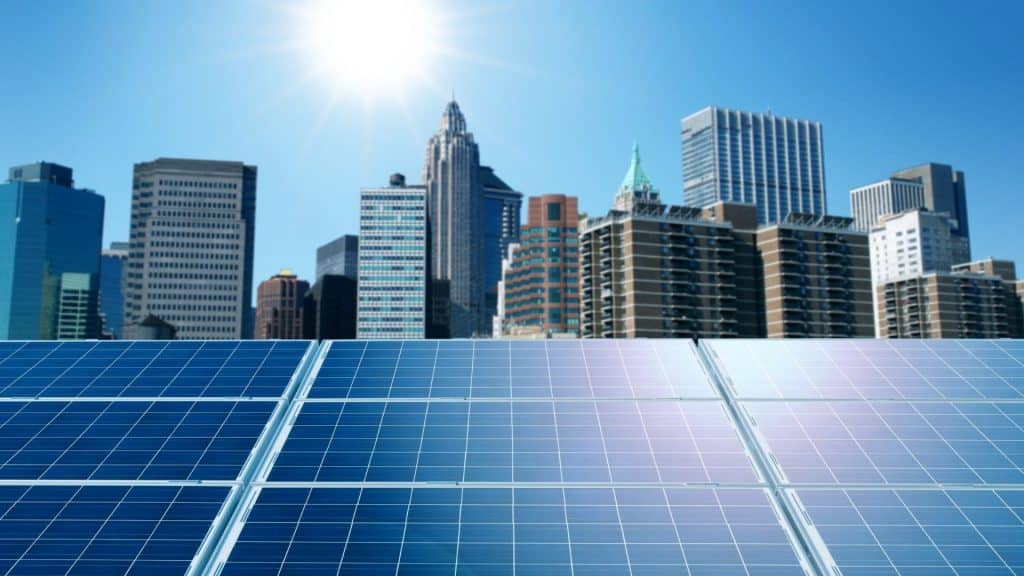
Rising electricity prices aren’t going anywhere, and neither are solar panels. As time goes on, solar panels simply make increasing sense for businesses. By having solar panels installed, you are protecting yourself from the tumultuous price hikes in National Grid-supplied energy, and you are joining the crucial global movement towards a more sustainable future.
If you want to support the future growth and economic well-being of your business, look no further than solar panels. If you are a business in the East Midlands, please don’t hesitate to get in touch with us here at MTG.
As accredited providers of commercial solar panels, we are more than happy to answer any questions, provide a free quotation, and of course supply you with a solar PV system that will provide numerous benefits for your business!

